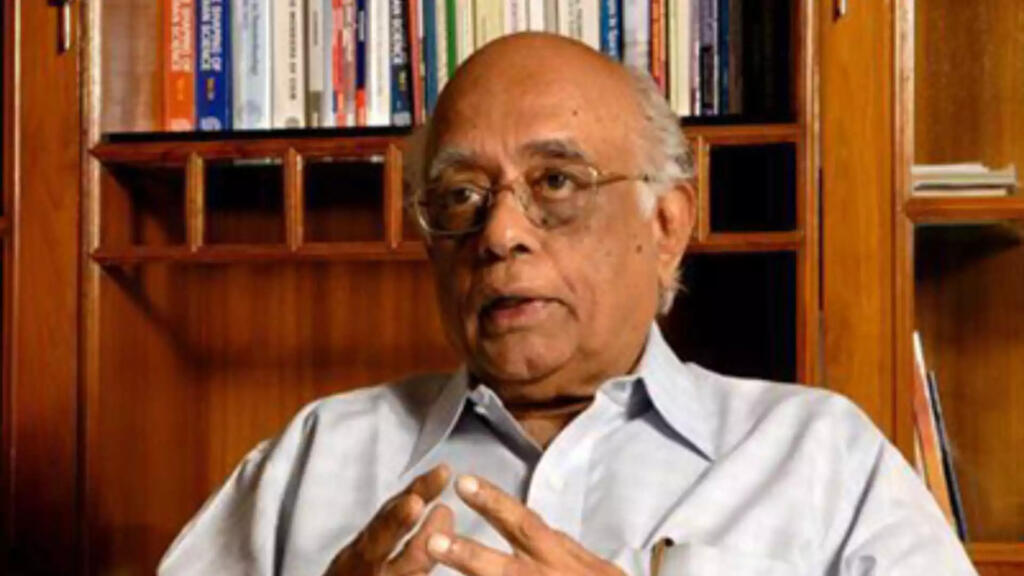Dr. R. Chidambaram, one of the pillars of India’s nuclear program (Op Smiling Buddha) and a distinguished physicist, passed away on January 4, 2025, at the age of 88, in Mumbai. His tremendous contributions to India’s scientific and strategic development are sure to remain in the memory for generations to come.
Born in 1936, Dr. Chidambaram was a central figure in both of India’s nuclear tests at Pokhran, which were termed “Operation Smiling Buddha” in 1974 and the subsequent series of tests in 1998. This made India a nuclear power on the world stage. He received the Padma Vibhushan, India’s second-highest civilian award for his scientific acumen and leadership.
Dr. R. Chidambaram has held several important positions in his distinguished career. He was the director of the Bhabha Atomic Research Centre from 1990 to 1993, Chairman of the Atomic Energy Commission from 1993 to 2000, and Secretary to the Department of Atomic Energy during that period. Internationally, he served as the Chairman of the Board of Governors of the International Atomic Energy Agency (IAEA) from 1994–1995 and contributed as a member of the IAEA’s Commission of Eminent Persons. Subsequently, he worked as the Principal Scientific Adviser to the Government of India between 2001 and 2018.
The Department of Atomic Energy released the following statement paying their tributes: “Dr. Rajagopala Chidambaram, distinguished physicist and one among India’s foremost scientists, expired this morning at 3.20 am. His outstanding contribution to India’s scientific and strategic prowess and visionariness as a leader of science and technology shall always remain.”
Operation Smiling Buddha
He was one of the key architects who shaped the country’s first successful nuclear test, “Operation Smiling Buddha,” conducted under then-Prime Minister Indira Gandhi on May 18, 1974. It marked a landmark in India’s development, as it demonstrated the nation’s ability to harness nuclear technology for peaceful purposes while simultaneously establishing its strategic autonomy.
The Pokhran test site in Rajasthan became the ground for a nuclear device to be detonated, marking India as the sixth country to show nuclear capability. The operation was carried out with utmost secrecy; it marked the turning point of the scientific and geopolitical narrative in the nation. Dr. Chidambaram, a specialist in crystallography and material science, played a crucial role in designing and executing the test.
This led to India’s full nuclear program and, under Prime Minister Atal Bihari Vajpayee, to the 1998 Pokhran II tests, where India once again reaffirmed its nuclear power status under the initiative led once again by Dr. Chidambaram.
Dr. Ajit Kumar Mohanty, Secretary, Department of Atomic Energy, paid his condolences and said, “Dr. R. Chidambaram was a doyen of science and technology whose contributions furthered India’s nuclear prowess and strategic self-reliance. His loss is an irreparable one for the scientific community and the nation.”.
Dr. R. Chidambaram brought about a vision and leadership that took India to the stature of a nuclear power and inspired generations of scientists, building a legacy that will guide the nation towards scientific excellence and strategic independence.
